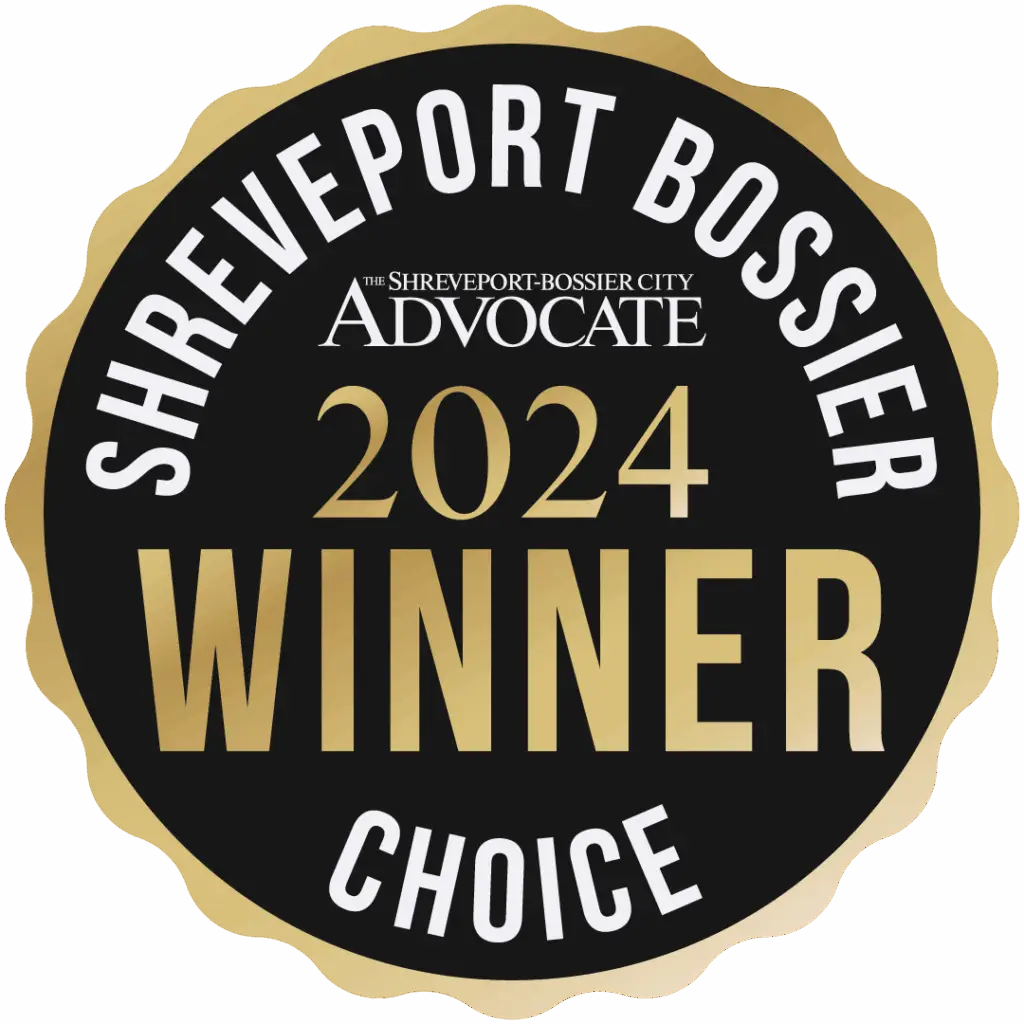The delicate balance between religious freedom, free speech rights, and laws governing public accommodations has come to light as a result of the Supreme Court’s decision in 303 Creative, LLC v. Elenis. In this seminal case, the Court debated whether firms can be forced to offer expressive goods and services that go against the owners’ values. The Colorado Civil Rights Commission’s role in the case, its specifics, and its ramifications are all covered in depth in this article. The scope of the First and Second Amendments, the evolution of religious freedom standards, and their connections to diversity concerns are also covered.
The Case Background
The entrepreneur who was at odds with Colorado’s Anti-Discrimination Act (CADA) and her fervent religious convictions gave rise to the case of 303 Creative, LLC v. Elenis. The creator of the website design firm 303 Creative considered joining the wedding website market but ran into a moral conundrum because of her Christian views on marriage.
The owner’s fervent religious convictions include the belief that marriage should only be between a man and a woman. As a result, she was cautious to offer her services for creating websites specifically for same-sex couples. However, businesses operating places of public accommodation are not allowed to engage in discriminatory practices based on protected characteristics, which includes sexual orientation, according to the Colorado Anti-Discrimination Act. This statute seeks to advance equality and combat prejudice.
The owner discovered herself in the middle of a legal fight as a result of the opposing demands of her faith and the rules of the law. She made the decision to sue the government over the constitutionality of CADA because she was worried about possible violations of her First Amendment rights to free expression and the practice of her religion.
The Role of the Colorado Civil Rights Commission
CADA prohibits companies from treating customers unfairly on the basis of protected characteristics, such as sexual orientation. The Commission’s role in the case was the subject of extensive legal debate and review.
The trial court first disagreed with the owner’s claims and supported the Commission’s application of CADA. The Tenth Circuit Court of Appeals for the United States later upheld this judgment. They came to the conclusion that CADA’s implementation was essential to safeguard the overriding interest in maintaining fair access to goods and services.
When it granted review in the case, the Supreme Court, on the other hand, adopted a different attitude. The Commission’s interpretation and application of CADA have come under scrutiny as a result of the Court’s decision to review the case and ultimately reverse the lower court’s verdict.
The Supreme Court’s Decision
In a 6-3 decision authored by Justice Gorsuch, the Supreme Court held that CADA violated the First Amendment’s protection of free speech. The majority opinion emphasized that compelling the owner to create expressive designs or messages that conflicted with her beliefs amounted to compelled speech. The Court drew parallels to previous cases, including Hurley v. Irish-American Gay, Lesbian, and Bisexual Group of Boston, highlighting that the government cannot favor one message over another through state-approved mandates.
While recognizing the importance of eliminating discrimination in public accommodations, the Court found that CADA failed to meet the strict scrutiny standard. The law compelled the owner to express support for same-sex marriage through her business services while simultaneously silencing her by prohibiting the expression of her beliefs regarding same-sex couples. Furthermore, CADA lacked an exception for expressive art, further undermining its constitutionality.
New Standards of Religious Freedom and Their Implications
The decision in 303 Creative v. Elenis establishes new guidelines for companies navigating the area where laws governing public accommodations and religious freedom collide. It makes it clear that rules governing public accommodations cannot violate business owners’ constitutional rights, particularly their freedom of speech, even while they are founded on compelling state interests. It is crucial to remember that this decision only applies to expressive designs or messages and does not relieve employers of their responsibility to forbid harassment and discrimination at work.
The Supreme Court’s ruling recognizes the need to uphold business owners’ sincere religious convictions while ensuring that everyone has access to the same goods and services. It achieves a compromise between safeguarding religious liberty and avoiding prejudice. It is important to note that the decision does not give companies a free pass to discriminate. The promotion of equality and the prevention of discrimination based on protected traits, such as sexual orientation, are nevertheless made possible by legislation governing public accommodations.
Navigating the Boundaries
The American legal system is built on the First and Second Amendments of the United States Constitution. While the Second Amendment defends the right to bear arms, the First Amendment secures the freedoms of speech, religion, and expression. A democratic society that respects individual liberty must have these constitutional protections.
It’s crucial to realize, nevertheless, that these fundamental rights are not unassailable and that they must be weighed against conflicting community objectives. This subtle method of constitutional construction is seen in the Supreme Court’s decision in 303 Creative v. Elenis.
The decision preserves company owners’ rights to free speech and religion, but it forbids linking diversity concerns to these rights. Regardless of a person’s sexual orientation or other protected traits, equitable access to products and services is promoted by public accommodation regulations. Striking a balance between upholding religious freedom and avoiding discrimination is essential to guarantee that people are not denied services because of who they are.
Implications for Businesses
The outcome of 303 Creative v. Elenis has important ramifications for companies engaged in the public accommodations industry. It not only highlights the necessity for businesses to navigate the murky waters between maintaining anti-discrimination principles and exercising their First Amendment rights, but it also underlines the limits of those rights. For businesses offering public goods and services, it is critical to comprehend the repercussions of this decision.
The limits of First Amendment rights in the context of public accommodation laws is one of the main lessons to be learned from the decision. Business owners may have more freedom to express their opinions through their goods or services, but they still need to be conscious of the requirements set forth by anti-discrimination laws. These rights and obligations must be balanced, which calls for a subtle strategy.
Employers should make an effort to ensure that their policies and procedures comply with both the First Amendment’s protections and the regulations set forth by laws governing public accommodations. Creating thorough anti-discrimination policies that address protected traits including sexual orientation, gender identity, race, and religion is required for this. These policies ought to state unequivocally how committed the organization is to diversity and inclusivity.
In addition to having strict policies in place, businesses should actively encourage a diverse and inclusive workplace. Setting up diversity and inclusion training programs that teach staff employees the importance of treating everyone with respect and dignity, regardless of their backgrounds or characteristics, is necessary to achieve this. By promoting an inclusive culture, businesses may create a safe and welcoming atmosphere for both employees and customers.
Businesses must also watch out for harassment and discrimination at work. Effective protocols must be in place for handling complaints and ensuring that any allegations of discrimination or harassment are thoroughly and promptly investigated. Employees should have the confidence and empowerment to report such incidents without worrying about facing reprisals.
Balancing Constitutional Rights and Equality
The interaction between laws governing public accommodations, free speech rights, and religious freedom is highlighted by the Supreme Court’s decision in 303 Creative v. Elenis. The decision in 303 Creative v. Elenis sets significant precedents for negotiating the tricky area where public accommodation regulations, free speech laws, and religious freedom laws overlap. It underlines the necessity of upholding company owners’ honest convictions while guaranteeing that everyone has access to the same products and services. The decision makes it clear that public accommodation rules must not violate business owners’ constitutional rights, particularly their right to free expression, even while they are anchored in compelling state interests. It is crucial to understand, nevertheless, that this decision does not give companies a free pass to discriminate. The advancement of an inclusive society still depends heavily on the values of equality and justice.
By being aware of the limits of their First Amendment rights, businesses that provide public accommodations must negotiate this murky region. While they have more freedom to communicate their opinions through their goods or services, they nevertheless have a responsibility to uphold laws against harassment and discrimination. In order for businesses to prosper in a varied and inclusive society, it is crucial to strike a balance between defending constitutional rights and guaranteeing equal access.
As the landscape continues to evolve, legal counsel can provide guidance tailored to specific industries and circumstances. It is important for businesses to stay informed about subsequent legal developments and consult with legal professionals if needed. By staying attuned to legal requirements and promoting a culture of inclusivity and respect, businesses can navigate the complexities surrounding religious freedom, free speech, and public accommodation laws, ultimately fostering an environment that upholds constitutional rights while embracing diversity.
SOURCES:
Colorado Department of Regulatory Agencies, Civil Rights Division. Regulatory Information.
Cornell Law School. strict scrutiny.
Justia US Law. 303 Creative, et al. v. Elenis, et al., No. 19-1413 (10th Cir. 2021).
Oyez LII Supreme Court Resources. (1995, June 19). Hurley v. Irish-American Gay, Lesbian, and Bisexual Group of Boston.
Supreme Court of the United States (2023, June 30). 303 Creative, LLC v. Elenis.










